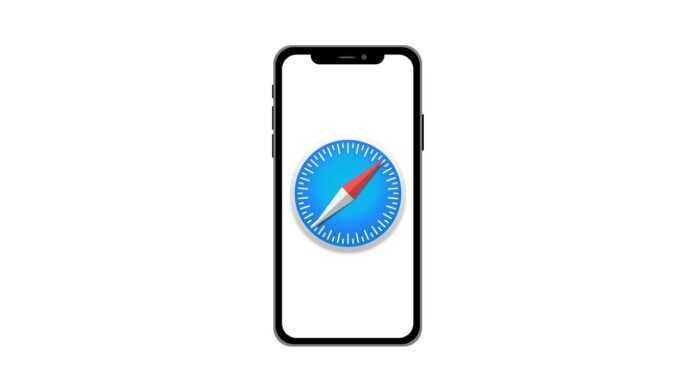Apple has long been known for its closed ecosystem, tightly controlling what users can and cannot do with their devices. However, recent developments indicate a shift in this approach, particularly in response to regulatory pressures such as the Digital Markets Act (DMA) in the European Union. One significant change on the horizon is the ability for iPhone users in the EU to uninstall the Safari browser, marking a departure from Apple’s traditional practices.
Table of Contents
The Impact of DMA
The Digital Markets Act (DMA) has been instrumental in pushing tech giants like Apple to reassess their policies and practices regarding competition and user choice. Apple’s compliance with DMA regulations signifies a significant departure from its previous stance, signaling a more open approach to its ecosystem.
Uninstalling Safari: A Game Changer
The impending ability for EU iPhone users to uninstall Safari represents a significant shift in Apple’s approach. By allowing users to remove its default browser, Apple is opening the door for increased competition and user choice, challenging its closed ecosystem model.
Alternative Browser Options
With the removal of Safari, users will have the freedom to choose alternative browsers that better suit their needs and preferences. This move not only promotes competition but also empowers users to tailor their browsing experience to their liking.
Enhanced Data Transfer Options
In addition to uninstalling Safari, Apple is also working on improving data transfer options for users looking to Switch to Android from an iPhone to a non-Apple device. By offering more user-friendly data transfer tools, Apple aims to streamline the transition process, making it easier for users to switch between platforms.
Interoperability and Accessibility
Apple’s efforts to enhance interoperability between iPhones and other platforms further demonstrate its commitment to complying with DMA regulations. By allowing third-party payment apps access to the iPhone’s NFC chip and facilitating interoperability requests from developers, Apple is fostering a more open and accessible ecosystem for users and developers alike.
Impact on Developers
Developers stand to benefit from Apple’s newfound openness, as they will have more opportunities to innovate and create apps that seamlessly integrate with the iPhone ecosystem. The ability to submit interoperability requests opens doors for developers to explore new possibilities and expand their reach.
Conclusion
The move to allow uninstallation of Safari and improve data transfer options underscores Apple’s response to regulatory pressures and its commitment to fostering a more open ecosystem. By embracing changes mandated by the DMA, Apple is poised to offer users in the EU greater flexibility and choice while promoting competition and innovation in the digital marketplace.












![Samsung Galaxy M15 Stock Wallpapers [Full HD+] are Available for Download Samsung Galaxy M15 Stock Wallpapers [Full HD+] are Available for Download](https://www.techfoogle.com/wp-content/uploads/2024/04/Samsung-Galaxy-M15-Stock-Wallpapers-Full-HD-are-Available-for-Download-100x70.jpg)
